I also think about incest, because Octavio’s plays are rife with it: brothers and sisters or sisters-in-law, fathers and sons, fathers and daughters or daughters-in-law. But there is nothing sensational about his use of this difficult subject, this taboo. He mines it the way he mines place and culture. Incest is, for Octavio, a bloody border crossing, a transgression, sanguinary sin that dissolves lines of separation and blurs identity. It’s also a mythic subject that binds him to the ancient dramatic tradition out of which he writes. It’s the way he ties together his obsession with love and his deep insights about culture and identity.
Octavio writes journeys: road trips, escapes, crossings, vision quests, water voyages. Pick your play: El Paso Blue, Bethlehem, El Otro, Prospect, Gibralter, Lydia, Quixote—you’re on a journey across time, land, and culture. A teenager drags through the Rio Grande with two of the three men who might be her father. An unsuspecting computer programmer hurtles through a hellish night among the deadly and dying. The good-guy lawyer of a Mexican American success story gets tangled up in his brothers’ gangland business. A journalist gets overtaken by the details of a murderer’s life until it merges with his own. Whose life is it? Whose family? Whose victim? Even stories travel and metamorphose, contradicting each other, as in the lush and dreamlike Gibraltar, where a mysterious figure—like the trickster Coyote or Lorca’s duende—appears to a woman in mourning and they tell and retell, explain and revise, their narrative of love and loss.
I often think about Sam Shepard when I read Octavio: the wildness, the trippy hallucinations, the bold symbolism of early Shepard plays like La Turista and Red Cross—though Octavio writes in a language and cultural context all his own.
His newest play, Mother Road, retraces the famous westward migration of the Joad family in Steinbeck’s The Grapes of Wrath, this time from California to Oklahoma, a retrograde return to recapture a legacy of land; this time by Martín Tomás Jodes, a half-Mexican heir to Tom Joad. Octavio took the trip himself, following the Dust Bowl journey, noting the ways demography has changed—present-day Joads coming from Central America, from Asia—marking the land’s toxic devastation, tracing the shock and awe of capitalist greed. It’s a fucked-up family reunion, bringing together Joads and Jodes, generations of the possessed and dispossessed, native-born and migrant, gay and straight, white men and people of color. “Family new-made of so many,” as the chorus says. This tough and restless road trip culminates somewhere like home, but a home transformed—lost, regained, remade, and always to be found.
Mother Road charts the tortuous road to a whole new kind of repatriation, and at journey’s end the arrival is weary, elegiac, and full of a hope that can only come with facing the real-real. The following lines—the playwright’s poetic visions of “the new land ahead”—are each spoken by different characters; I’ve removed the character names:
The musk of cows, horses
New-mown hay
The good smell of life
Wildflowers of the plateau
Oklahoma sun on our faces
And mayflies too
Like seraphim from another sun
Swarming the farm
His farm
Your farm
Newly minted on old disasters
Old troubles, old crimes forgot
Old loves, old desmadres
Old mother sky, old mother clay
Octavio locates us, time and again, in a specific place—here in Oklahoma, but usually somewhere in Texas, bordering Mexico. Then he strip-mines the land for its mythology. He unsettles us. Borders dissolve, identity crumbles, and what’s hidden and denied gushes forth, devastating the native lands. Everything is el otro—other, the other side—and we wind up where we started, thinking we’ve made the crossing.

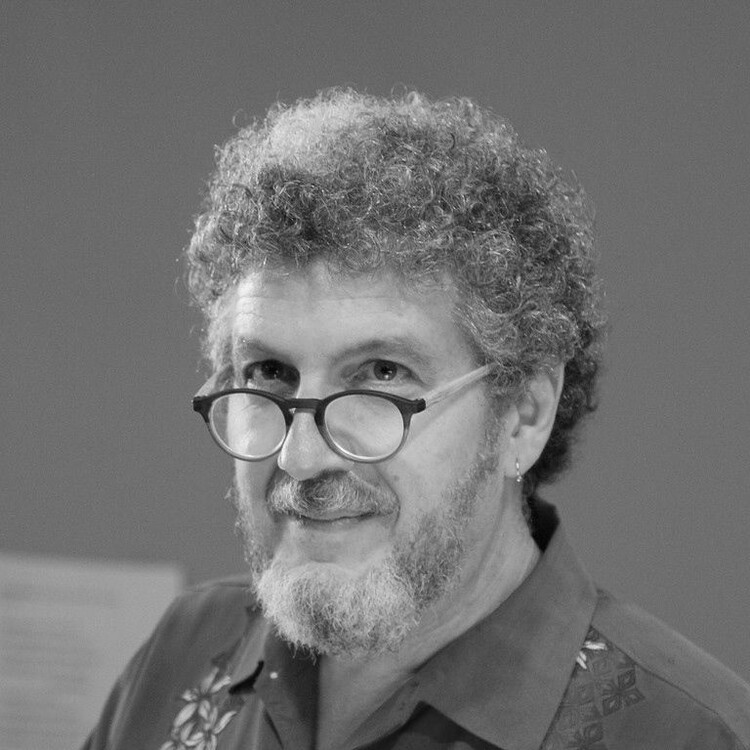
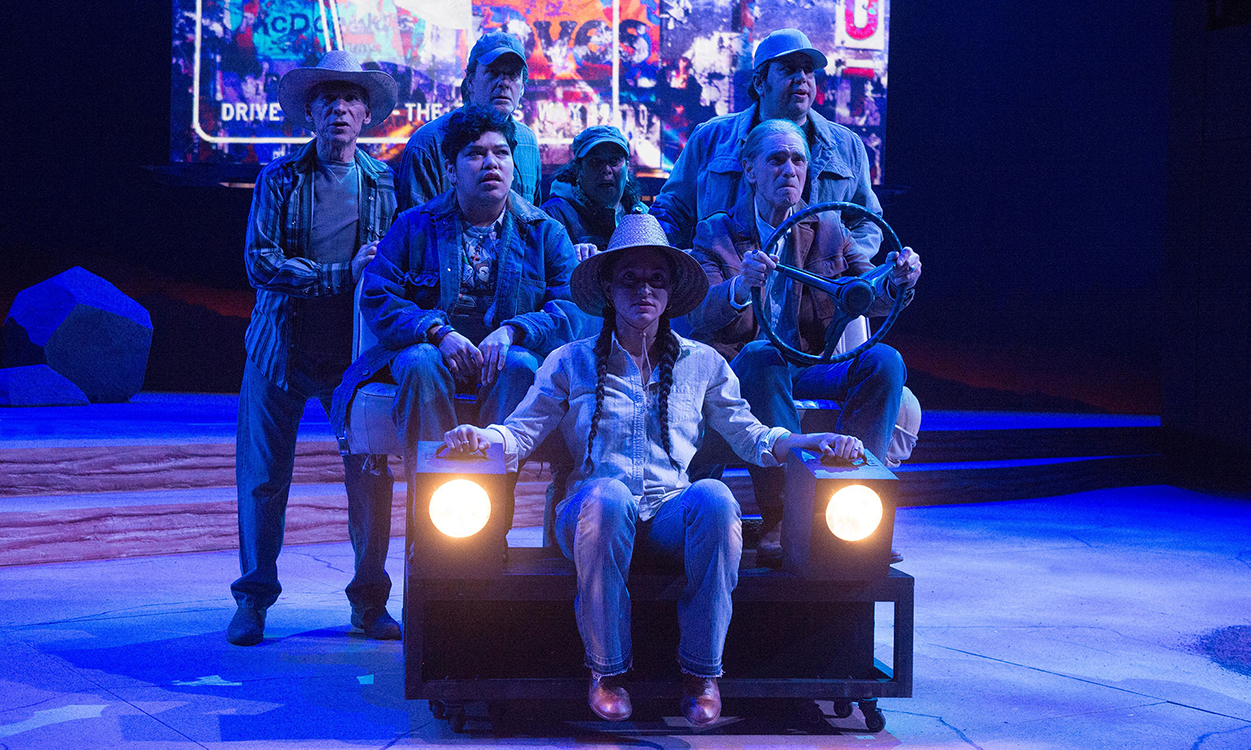
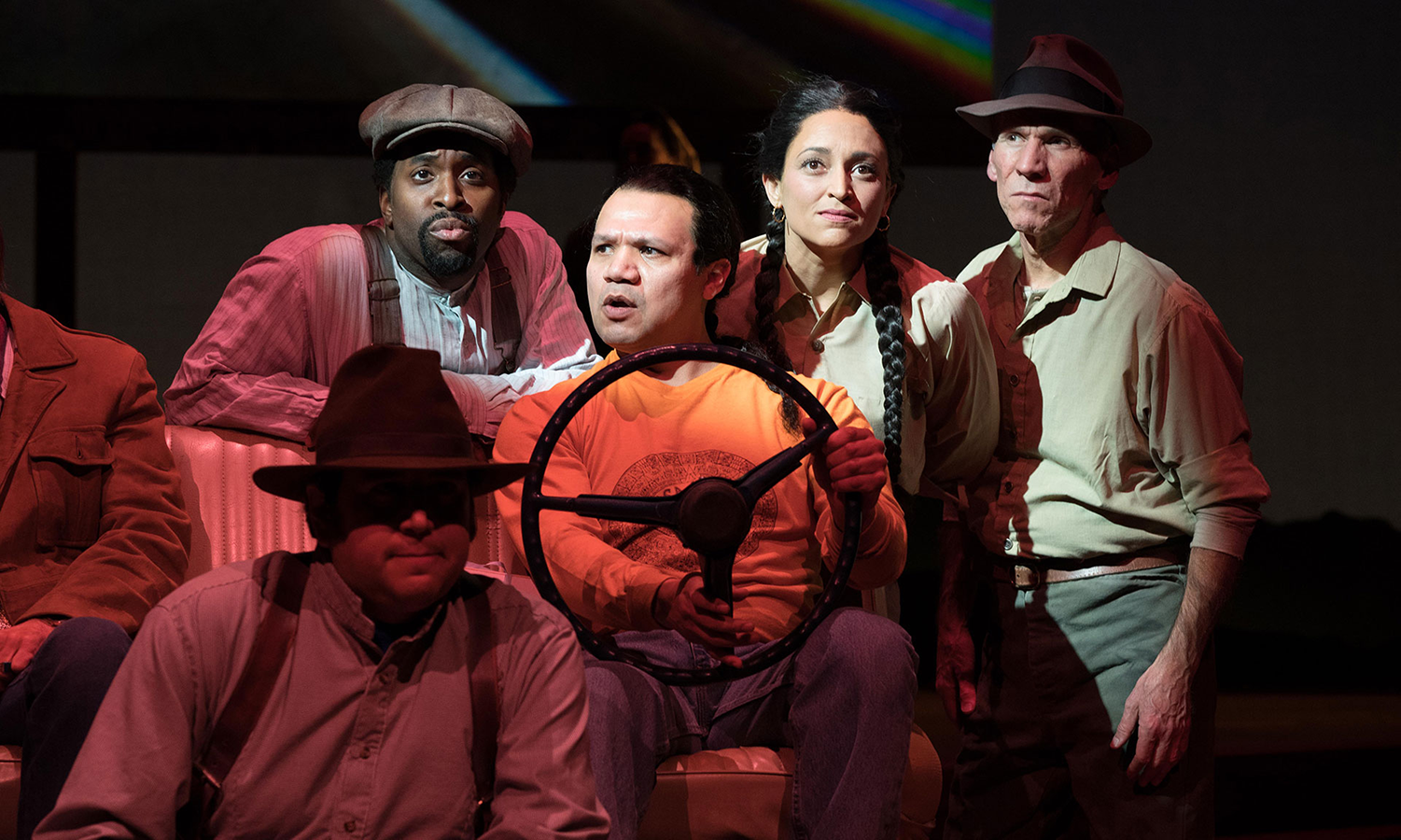
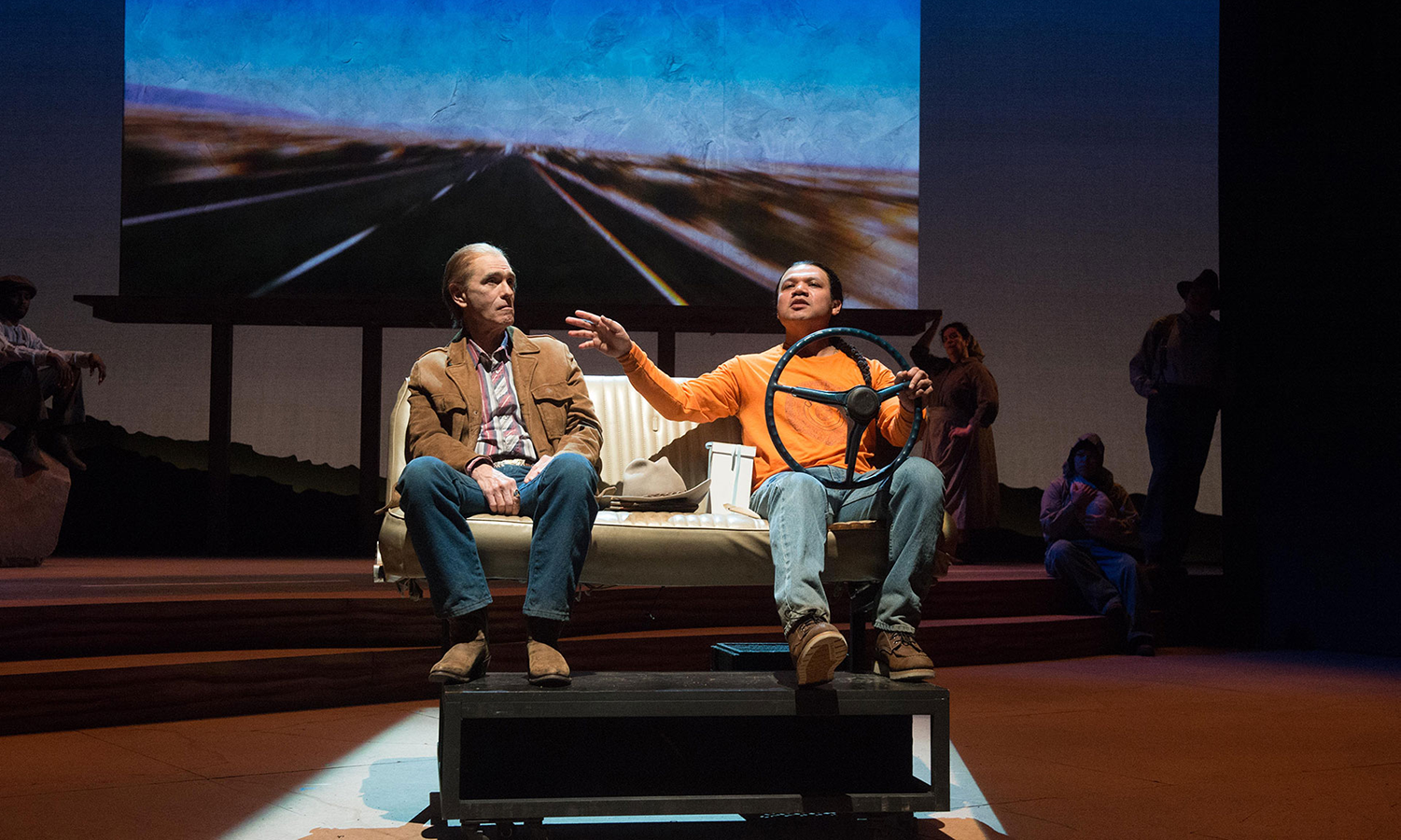
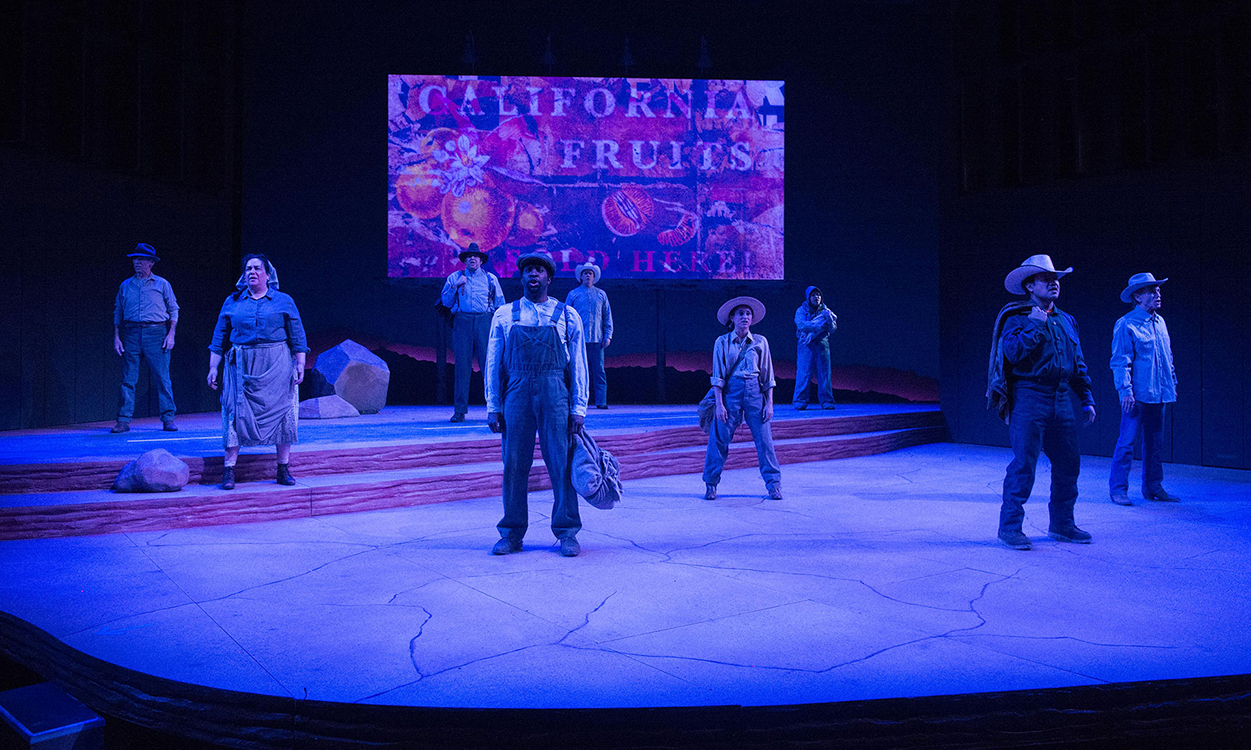
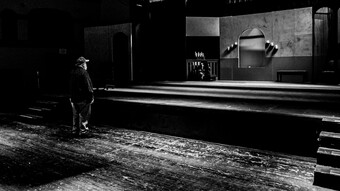


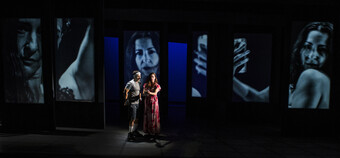





Comments
The article is just the start of the conversation—we want to know what you think about this subject, too! HowlRound is a space for knowledge-sharing, and we welcome spirited, thoughtful, and on-topic dialogue. Find our full comments policy here